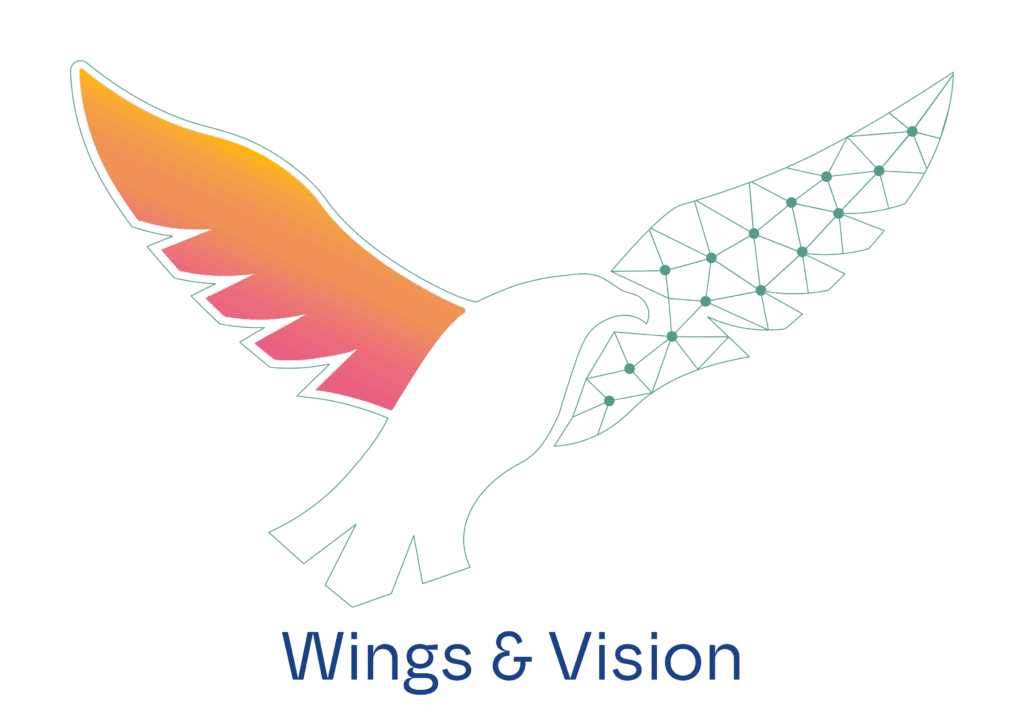Van Kleef, G. A. (2009). How emotions regulate social life: The emotions as social information (EASI) model. Current Directions in Psychological Science, 18(3), 184–188.
Tiedens, L. Z. (2001). Anger and advancement versus sadness and subjugation: The effect of negative emotion expressions on social status conferral. Journal of Personality and Social Psychology, 80(1), 86–94.
Hochschild, A. R. (1983). The Managed Heart: Commercialization of Human Feeling. University of California Press.
Grandey, A. A. (2003). When “the show must go on”: Surface acting and deep acting as determinants of emotional exhaustion and peer-rated service delivery. Academy of Management Journal, 46(1), 86–96.
Greenberg, L. S. (2002). Emotion-Focused Therapy: Coaching Clients to Work Through Their Feelings. American Psychological Association.
Barrett, L. F., Gross, J., Christensen, T. C., & Benvenuto, M. (2001). Knowing what you’re feeling and knowing what to do about it: Mapping the relation between emotion differentiation and emotion regulation. Cognition and Emotion, 15(6), 713–724.
Oreg, S. (2006). Personality, context, and resistance to organizational change. European Journal of Work and Organizational Psychology, 15(1), 73–101.
Edmondson, A. (1999). Psychological Safety and Learning Behavior in Work Teams. Administrative Science Quarterly, 44(2), 350–383.

😡Was passiert, wenn Ärger die einzige „erlaubte“ Emotion im Job ist? Warum uns das krank machen kann – und was wir ändern können 😡
Letztens, bei einem meiner Vorträge über Emotionen in Veränderungen, stellte jemand eine Frage: „Warum ist eigentlich Ärger oft die einzige Emotion, die wir im Job zeigen dürfen?“
In vielen Unternehmenskulturen ist Ärger im Job zumindest toleriert. Vielleicht sogar laut werden. Selbst mit der Faust auf den Tisch hauen ist okay.
Aber Angst zeigen? Traurig sein? Verletzlich wirken? Das bleibt meist hinter verschlossenen Türen.
🔬Doch was passiert, wenn Ärger die einzige „zugelassene“ Emotion bleibt? Die Wissenschaft hat dazu eine klare Antworten:
💪🏻Warum gerade Ärger?
Ärger wird von uns oft mit Stärke, Durchsetzungsvermögen und Führungsqualitäten gleichgesetzt. Kein Wunder also, dass viele glauben: Wer sich ärgert, wirkt kompetent (Van Kleef, 2009).
Doch das hat seinen Preis. Denn zu viel Ärger vergiftet Beziehungen, zerstört Vertrauen – und erschöpft Teams auf Dauer.
😱 Wenn andere Emotionen keinen Platz haben
Ein Problem ist, dass alle anderen Emotionen verdrängt werden. Gefühle wie Trauer, Angst, teils sogar Freude verschwinden hinter einer Maske. Wir zeigen Gefühle, die wir gar nicht empfinden – oder verschweigen die, die wirklich wichtig wären.
Die Folgen? Mehr Risiko für Stress, emotionale Erschöpfung, Burnout. Und das Gefühl, im Job nicht man selbst sein zu dürfen.
🧠 Neuropsychologisch ist Ärger oft eine Deck-Emotion. Er legt sich wie ein Schutzschild über defensive Emotionen wie Angst oder Traurigkeit (Greenberg, 2002). Doch je öfter wir nur Ärger fühlen (oder zeigen), desto mehr verlernt unser Gehirn, Emotionen differenziert wahrzunehmen. Alles verschwimmt zu „Ärger“. Fachleute nennen das niedrige emotionale Granularität. Menschen, die ihre Gefühle nicht klar benennen können, haben ein höheres Risiko für Depressionen, Angststörungen und chronischen Stress (Barrett et al., 2001).
Ärger in Change-Prozessen
Gerade in Veränderungsprozessen wird das besonders sichtbar: Angst vor Neuem verwandelt sich oft in Ärger. Denn Angst gilt im Job als Schwäche. Ärger hingegen wirkt aktiv und stark. Doch genau dieser Ärger blockiert häufig, die wahren Bedürfnisse in Veränderungen zu sehen und umzusetzen.
Wenn Ärger die Kultur prägt
Organisationen, in denen nur Ärger Platz hat, entwickeln schnell ungesunde Kulturen. Menschen schweigen, weil sie Konflikten aus dem Weg gehen wollen. Psychologische Sicherheit fehlt. Und damit die Grundlage für Lernen, Vertrauen und Zusammenarbeit (Edmondson, 1999).
Was können wir tun?
✨Mehr Emotionen zulassen. Nicht nur Ärger ist im Job erlaubt.
✨Emotionale Granularität stärken. Emotionen differenzierter benennen.
✨Emotionale Check-ins einführen. „Was bewegt euch gerade wirklich?“
✨Psychologische Sicherheit fördern. Zuhören und Co-regulieren. Räume schaffen, in denen Emotionen Platz haben.
Emotionen gehören in die Arbeitswelt. Alle. Nicht nur Ärger.